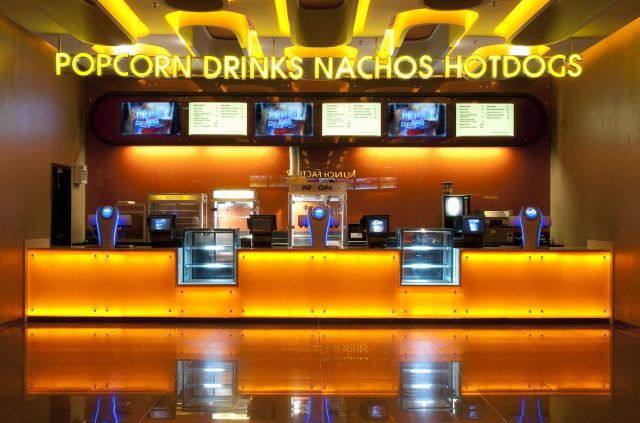A Supreme Court bench of Chief Justice D.Y. Chandrachud and Justice P.S. Narasimha today (January 3) held that a cinema hall owner is well within his rights to prohibit movie-goers from carrying their own food and beverages inside the cinema hall. The same bench clarified that all cinema halls must provide hygienic drinking water for movie-goers in the cinemas free of cost.
It also noted that reasonable amount of food for infants or children can be carried in the auditorium when infants/children accompany elders.
The issue arose when the Jammu and Kashmir high court directed owners of multiplexes and single-screen cinema owners of the state to not prohibit cinema-goers from carrying their own food articles and water inside the auditorium. The apex court was approached against this impugned judgement of the high court.
Senior advocate K.V. Vishwanathan, appearing for the appellants, submitted that since cinema halls were private properties, they could reserve admission rights. He added that such prohibitions ensured security and could be seen at airports as well. He also added that the Jammu and Kashmir Cinema (Regulations) Rules 1975 did not provide that a movie-goer should be allowed to bring eatables inside cinemas. While submitting that there was no compulsion on anyone to visit cinemas or purchase food, he clarified that all cinemas had provisions to make available hygienic water for patrons and that the guardians were allowed to bring in food for infants.
The counsel for the original petitioner submitted that the cinema ticket represented a contract between a cinema-goer and the cinema, and in the absence of prohibition printed on the ticket, outside food could not be prohibited.
The SC bench was not convinced with the arguments of the original petitioner. Justice P.S. Narasimha noted, “The basic premise is that cinema has a right to reserve admission. The cinema owners have a right to sell their own food and beverages.” Chief Justice D.Y. Chandrachud remarked, “A cinema hall is a private property. What goes in is for the owner of the property to decide subject to statutory rules. So saying that arms are not allowed or no discrimination on basis of caste or gender can be there is fine. But how can the high court say that they can bring any food inside cinema halls. Suppose someone starts getting jalebis. Owner would not want anyone wiping their hands on the seats. It’s his right. He may not want tandoori chicken to be brought in. No one is forcing them to buy popcorn. For water, we can make a concession that free water be provided at movie theatres but, at the same time, you can’t say that suppose they sell nimbu paani for Rs. 20, you can’t say, ‘I’ll go buy my nimbu from outside and squeeze it in a flask and make it inside theatre.”
The court noted that the fundamental aspect which needed to be considered was that trade and business of conducting cinema business was subject to regulations by state. The regulations in question were the 1975 Rules. The bench found that the Rules contained no mandate compelling the owner to allow movie-goer to get food in cinema.
Chief Justice D.Y. Chandrachud also said, “The property of cinema hall is the private property of the owner of the hall. The owner is entitled to set terms and conditions so long as such terms and conditions are not contrary to public interest, safety and welfare. The owner is entitled to set terms for sale of food and beverages. Movie-goer has the choice to not purchase the same. High court transgressed the limits on exercise of its jurisdiction. Absent is statutory rules to that effect. The imposition of such directions would affect the legitimate rights of theatre owner.”





























